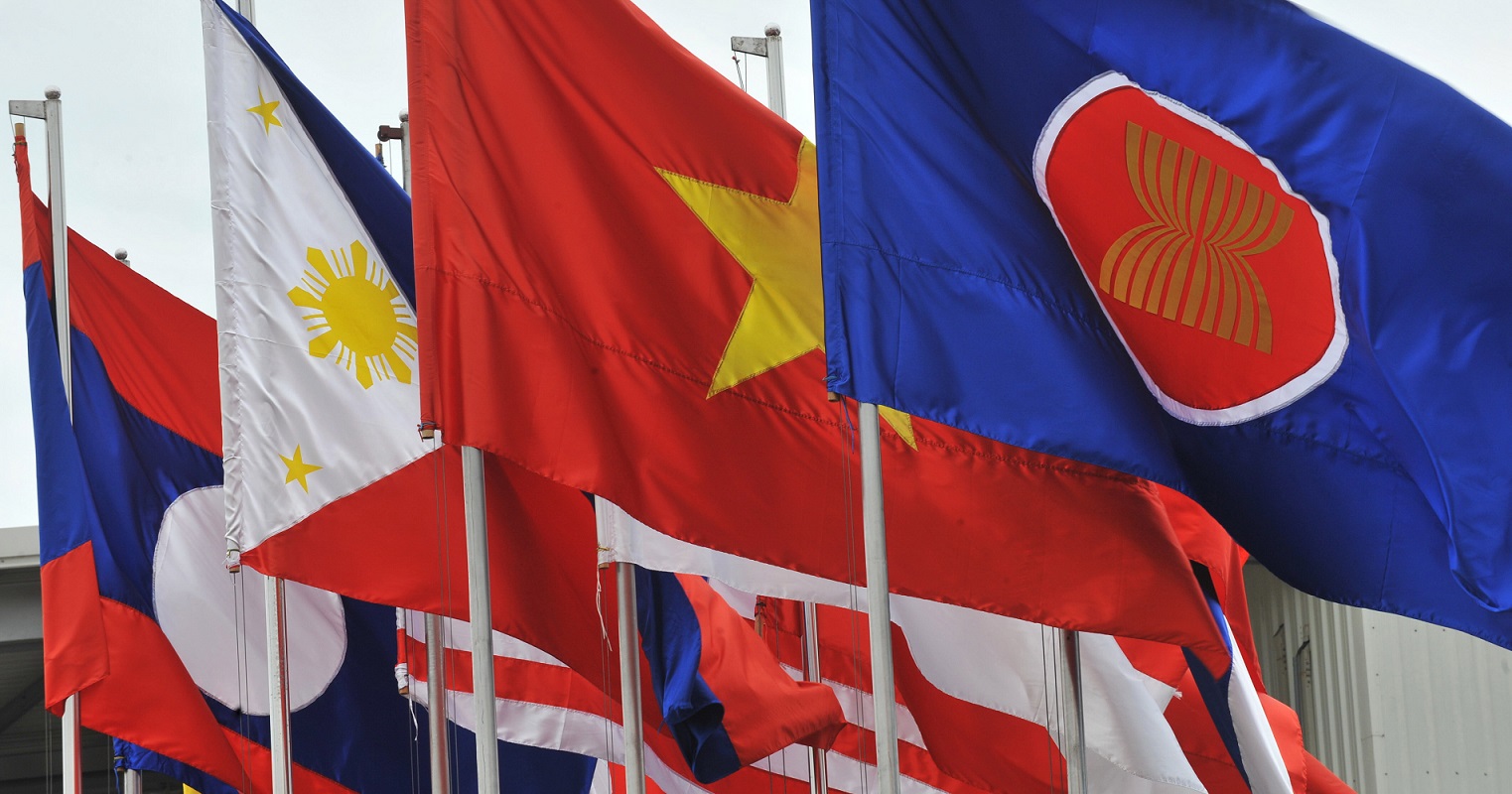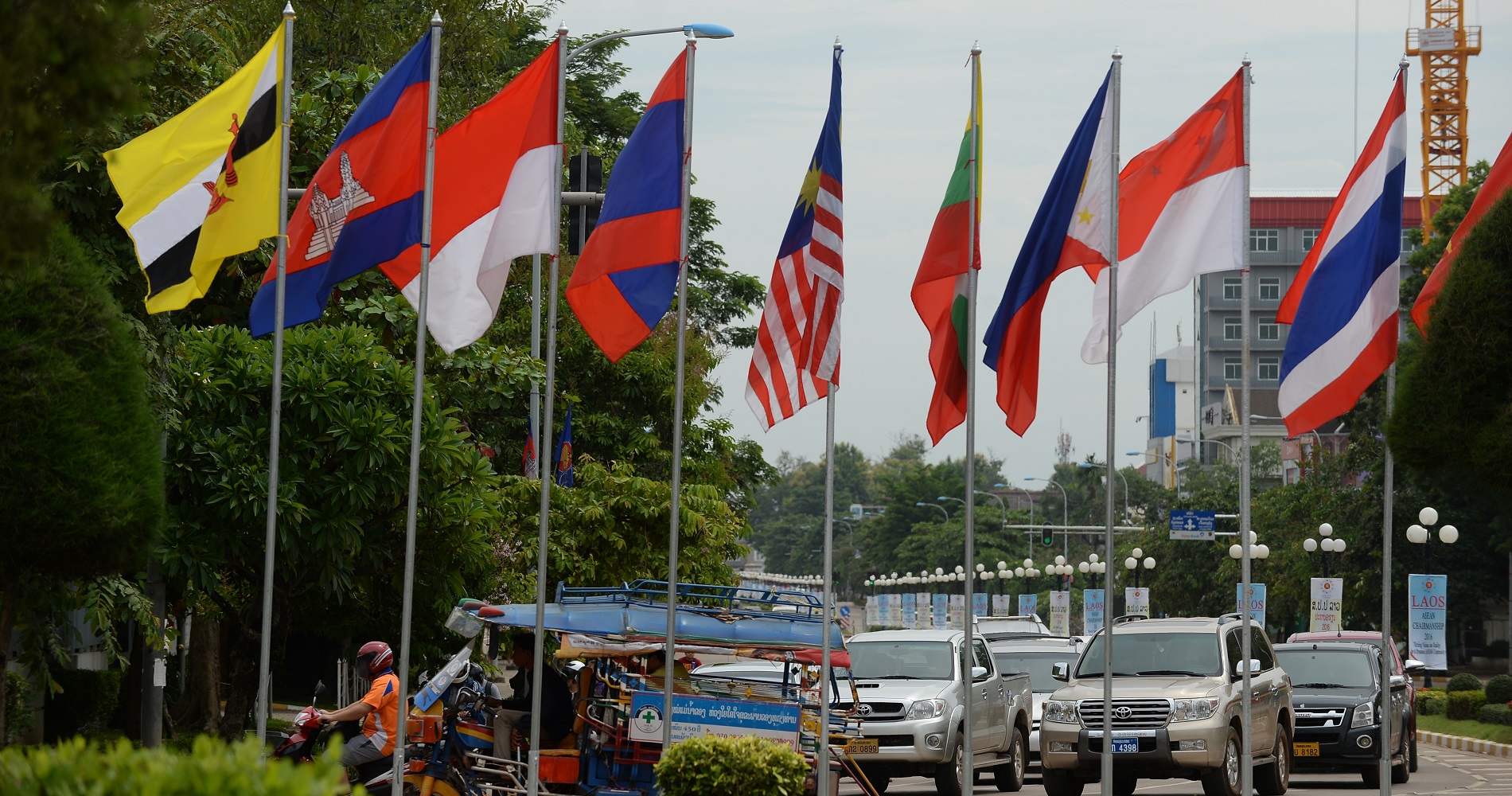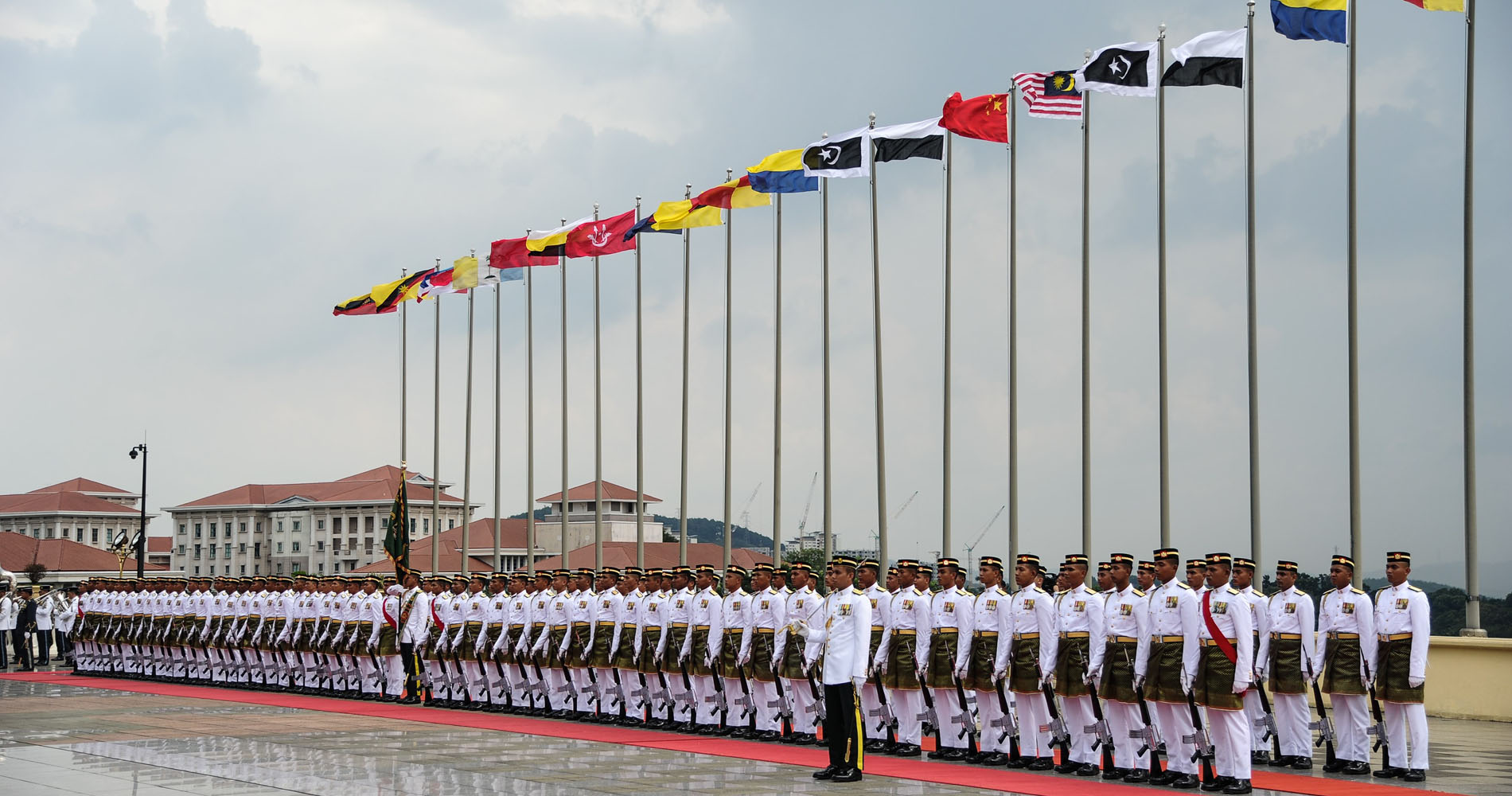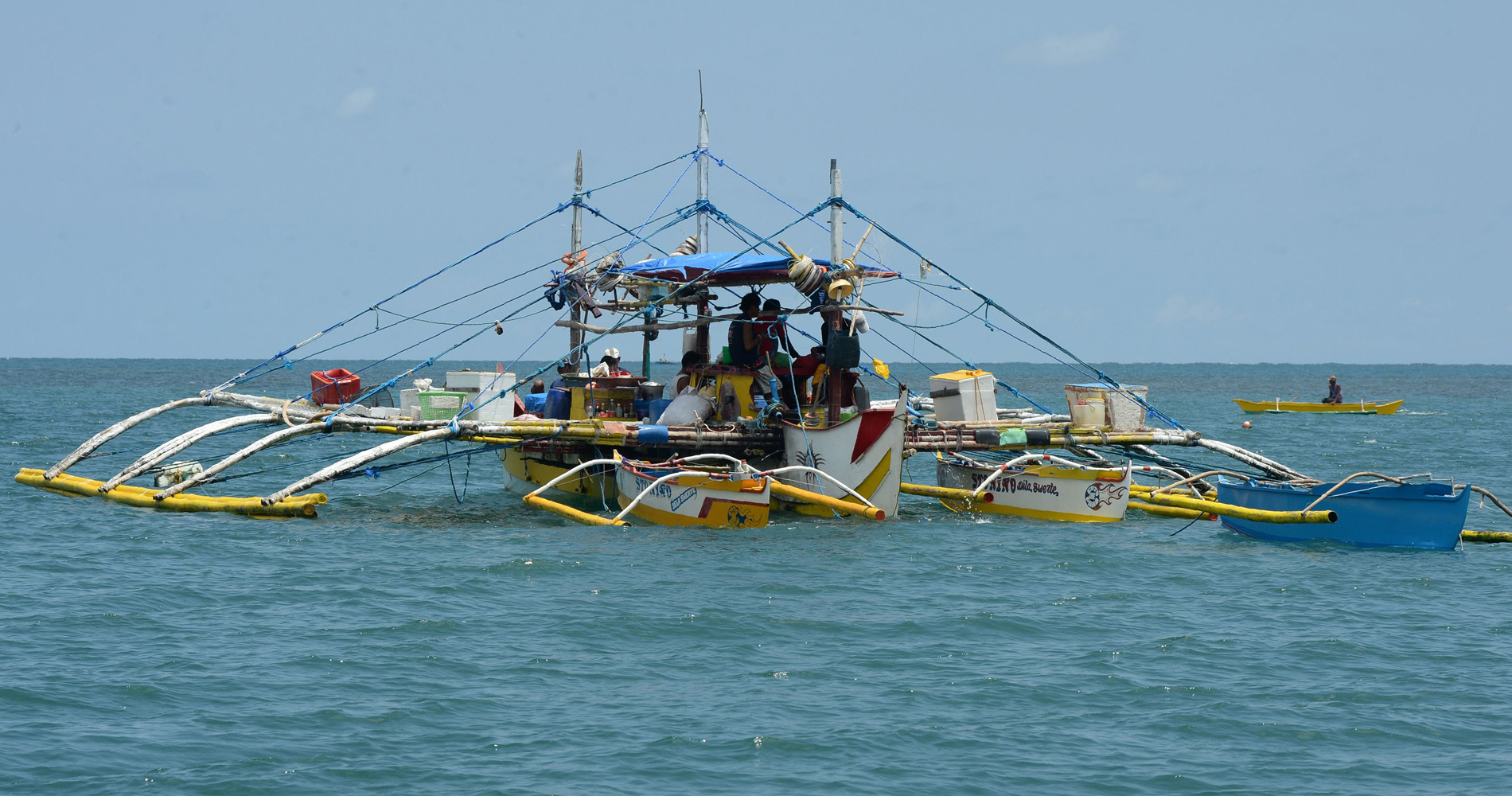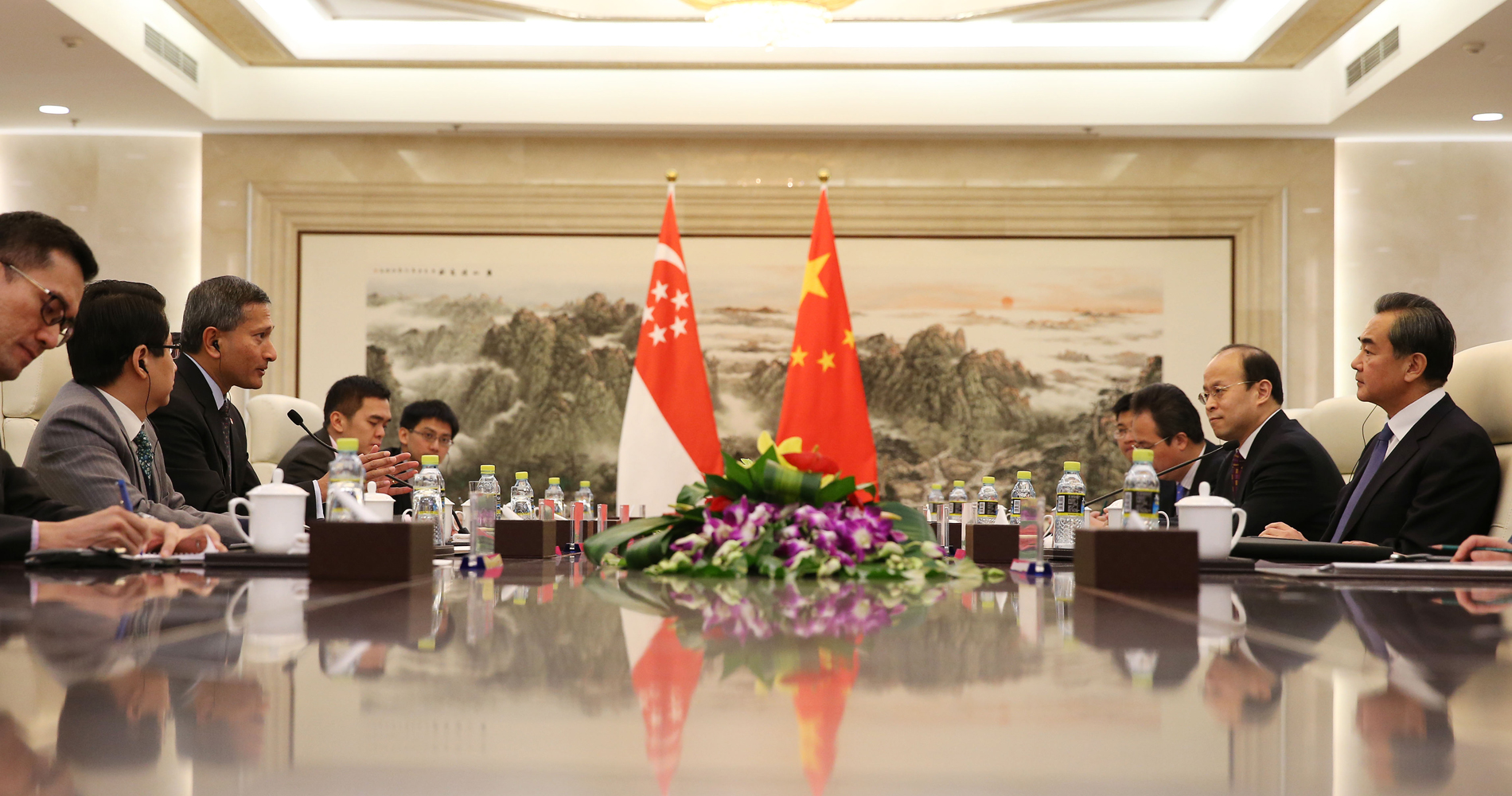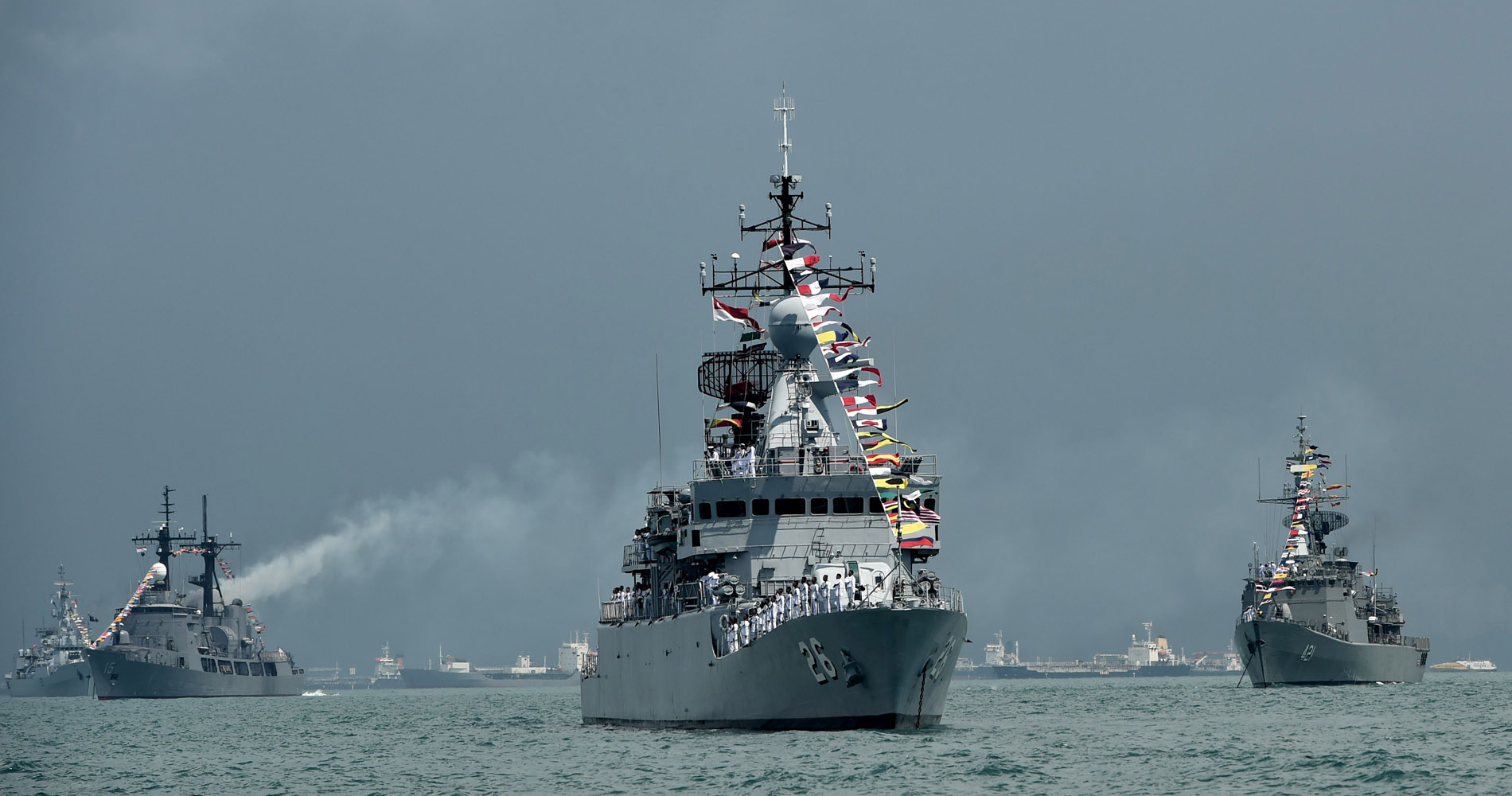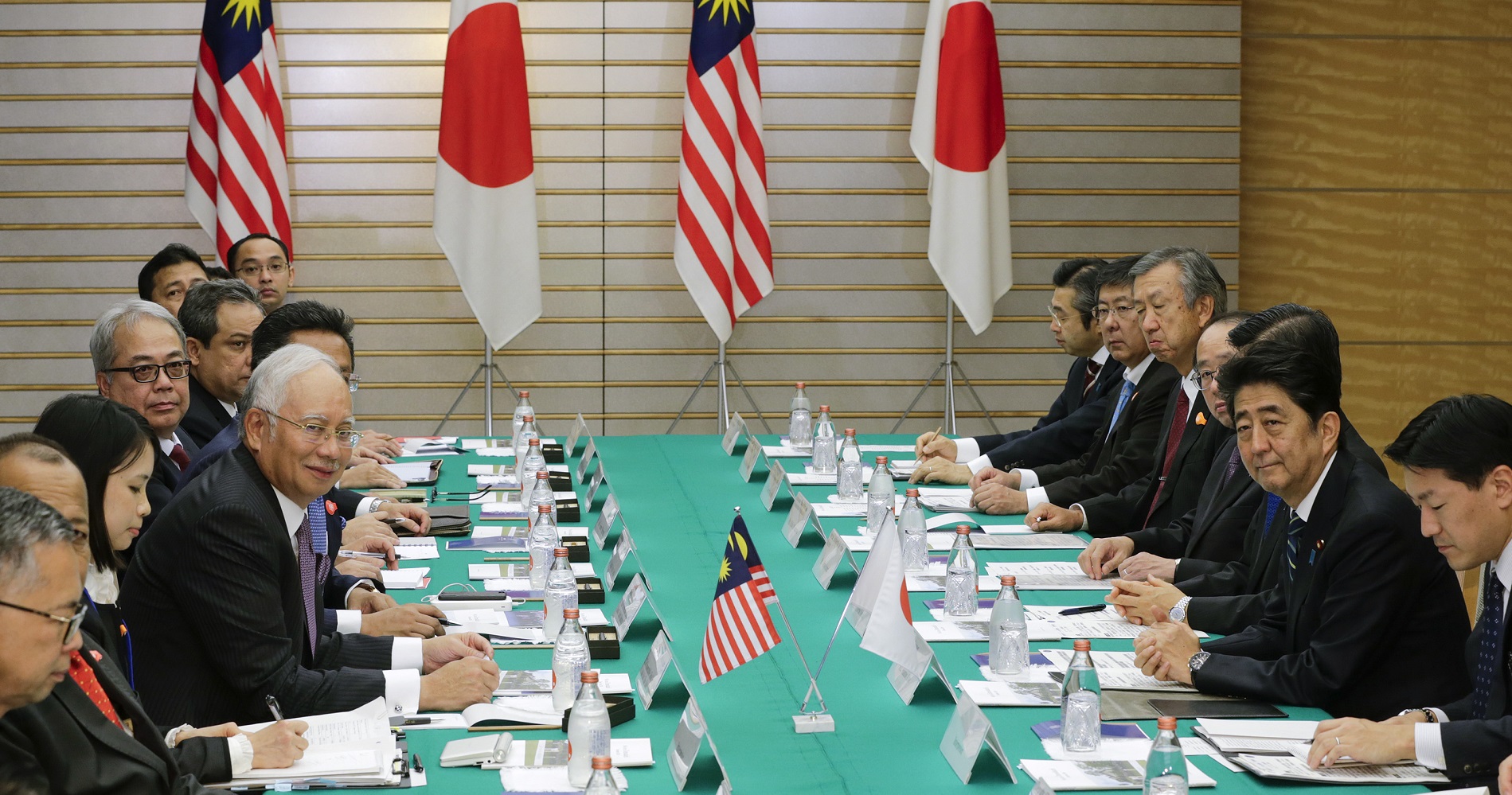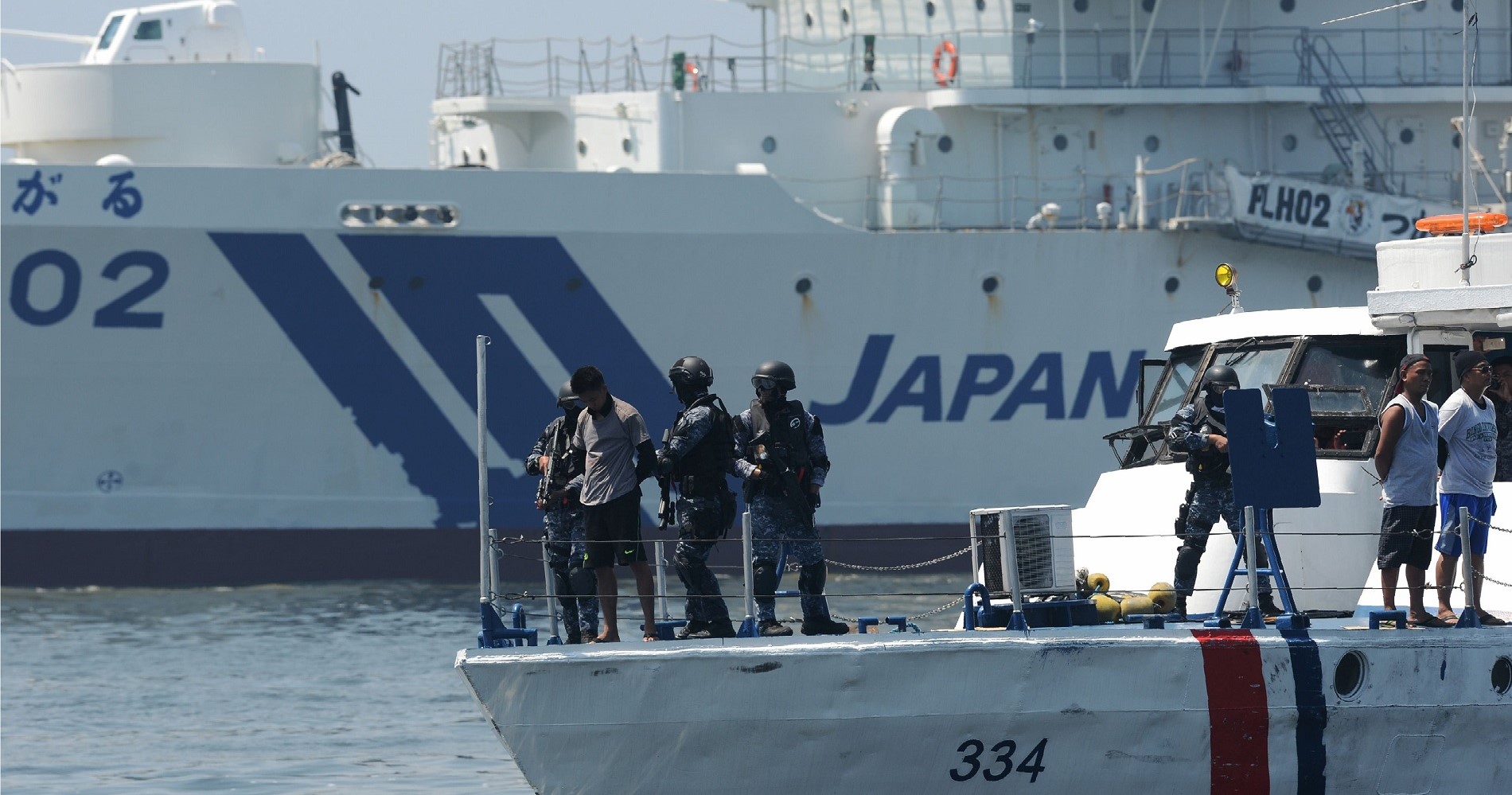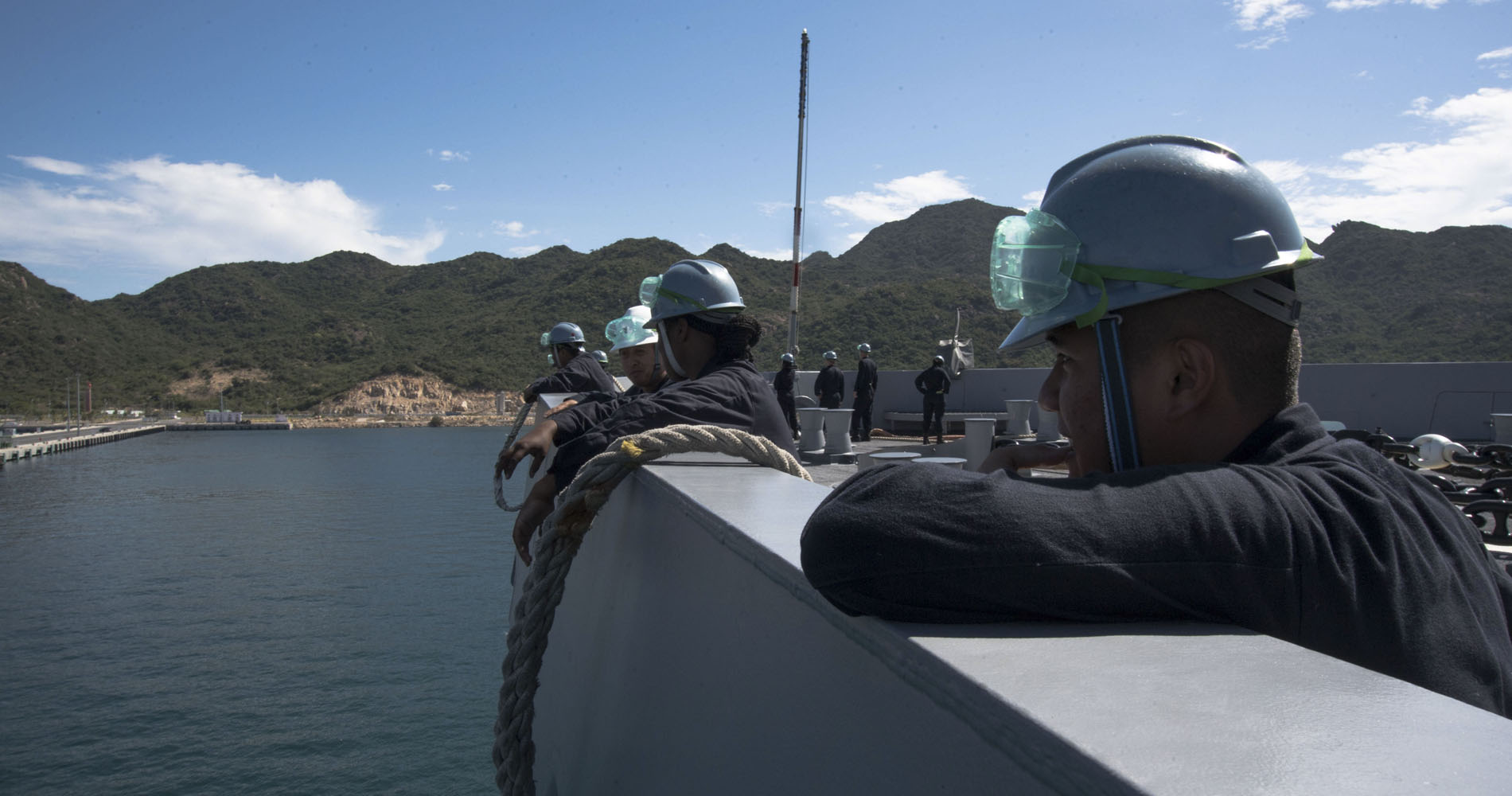ASEAN Initiatives Face Strong Headwinds
At a joint press conference with U.S. secretary of state John Kerry in Washington, D.C., in February, Chinese foreign minister Wang Yi assured his audience that, compared with other parts of the world, the South China Sea was stable. To be sure, the Spratly Islands are not Syria. The geopolitical stakes, however, are arguably much higher than in the Middle East, and since the beginning of 2016, events have suggested that the South China Sea is becoming more and more tumultuous by the week. In March, for instance, the Philippines alleged that the People’s Liberation Army Navy (PLAN) and… Read More »ASEAN Initiatives Face Strong Headwinds
